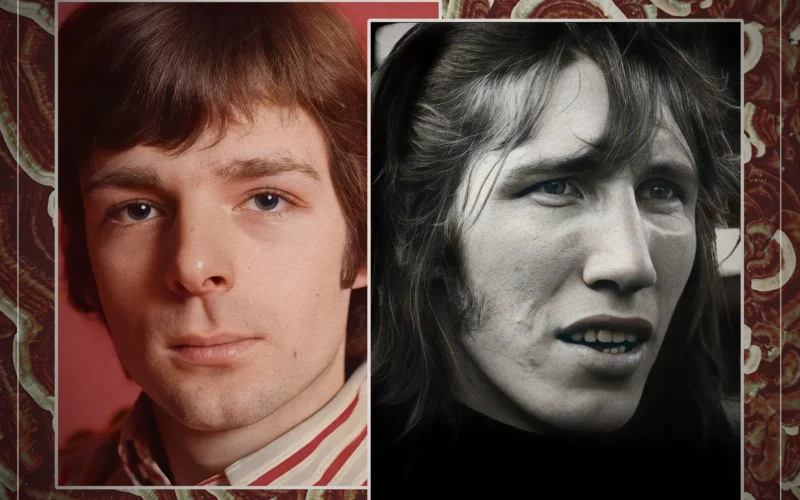Music history is littered with great feuds, but what it so often forgets is that a lot of the time, two people at war still had to go to work together.
Stevie Nicks still had to go into the studio with Lindsey Buckingham during their worst days, the Gallagher brothers were already falling out when Oasis was still underway, and in the world of Pink Floyd, there have been various comebacks and rereleases that have forced the estranged old friends to confront their issues time and time again.
Instantly, it might be the complex falling out between David Gilmour and Roger Waters that comes to mind. As the two sat at the helm of the band, the disintegration of their friendship in the 1980s directly led to Waters walking out in 1985. There were a lot of issues bubbling away there, from their conflicting politics through to creative decisions, but in the end, it all came down to poor communication, as so much does.
But really, the big feud in Pink Floyd history is the issues that boiled over between Roger Waters and Richard Wright, the keyboard player who walked out even earlier, driven out of the band at their peak as the relationships completely dissolved.
“Personality-wise, we just didn’t get on,” Wright said, as an absolute understatement. Initially, they did get along as two of the original members of the group. But when Syd Barrett was axed, David Gilmour joined, and slowly Waters began taking on a more directorial role in the group, having a louder voice and say in what they should or shouldn’t do; that’s when the issues began.

It’s a classic case. The moment that one thing starts to annoy you about a person, it’s very easy for it to completely spiral out of control. By the time Wright walked out, every little thing about his bandmate pissed him off, including the simplest things like sharing cigarettes, recalling with venom how Waters would tear at the plastic wrapping on a new pack as if they were his own. It’s a tiny thing in the grand scheme of it all, but it was clear that Wright had the ick and Waters was ruined in his mind.
He stuck it out as long as he could, but then in 1988, during the recording of The Wall, the band fired him as the tensions began impacting the music.
But the thing is, a band can rarely make a clean break. After the blow-up of the firing, Wright was, pretty swiftly, and awkwardly, back in the mix, playing as a hired session musician on The Wall tour. For decades, this would be a pattern as the group would be forced to reunite and stew in the ongoing weird tension that comes with shared history.
In 1999, Wright had had enough of that. During his show, Waters said some stuff on stage about the other, trying to still drag the problems on. But the keyboardist was intent on putting it to bed, going backstage to chat with his old bandmate. “Why do you have to say these things, Roger?” Wright recalled saying in the moment, but he was determined to be the bigger person.
“It was difficult for both of us backstage. I hadn’t seen him for 18, 19 years. I went backstage, I shook his hand, and said, ‘How are you?’ And we both felt awkward. And that was it.”
No grand reconciliation, no big long chat about it all. “There was no great meaningful conversation. I’m at the point where all this bullshit should stop,” Wright said of the simple yet poignant moment.
Sometimes, it’s just as simple as asking why to move towards healing.






